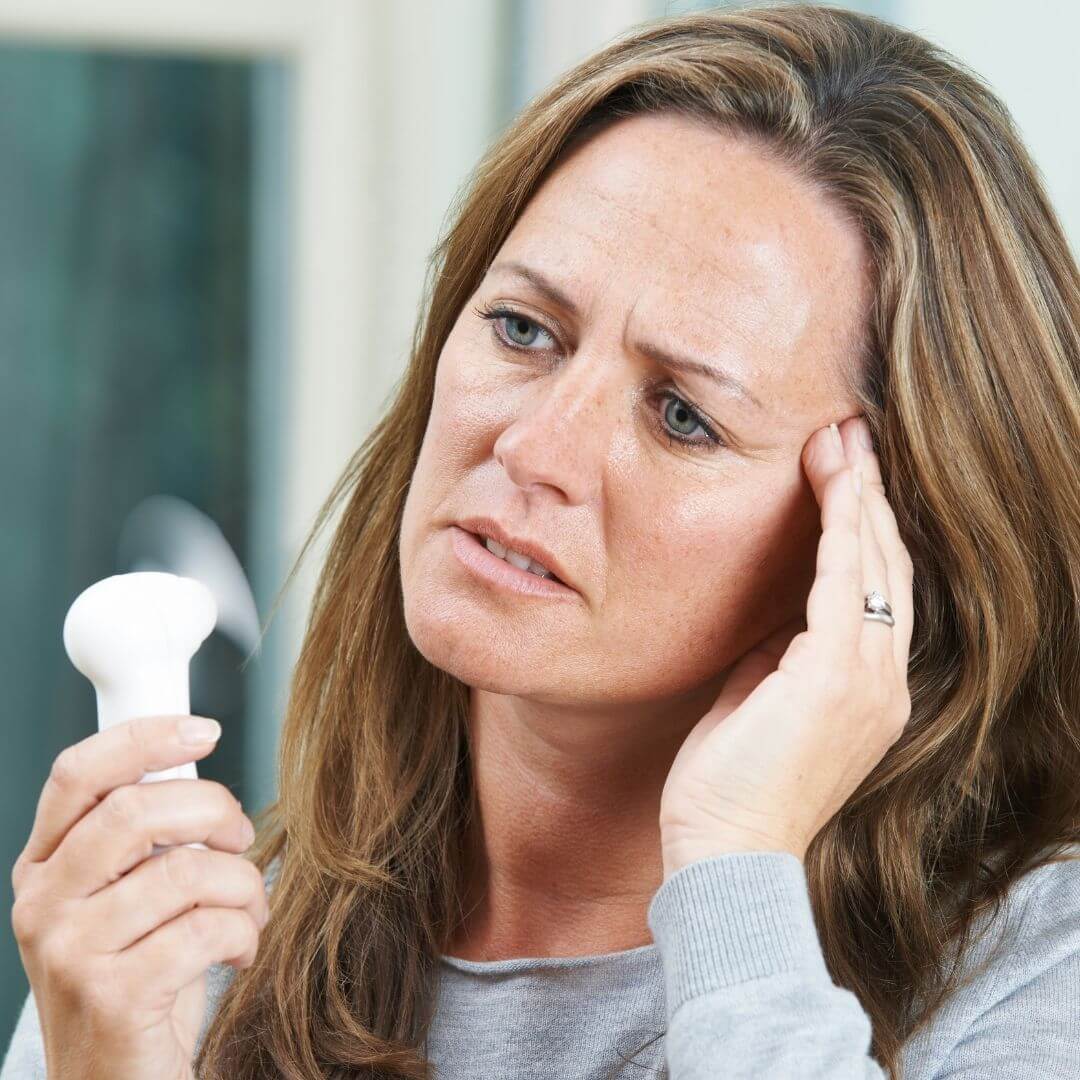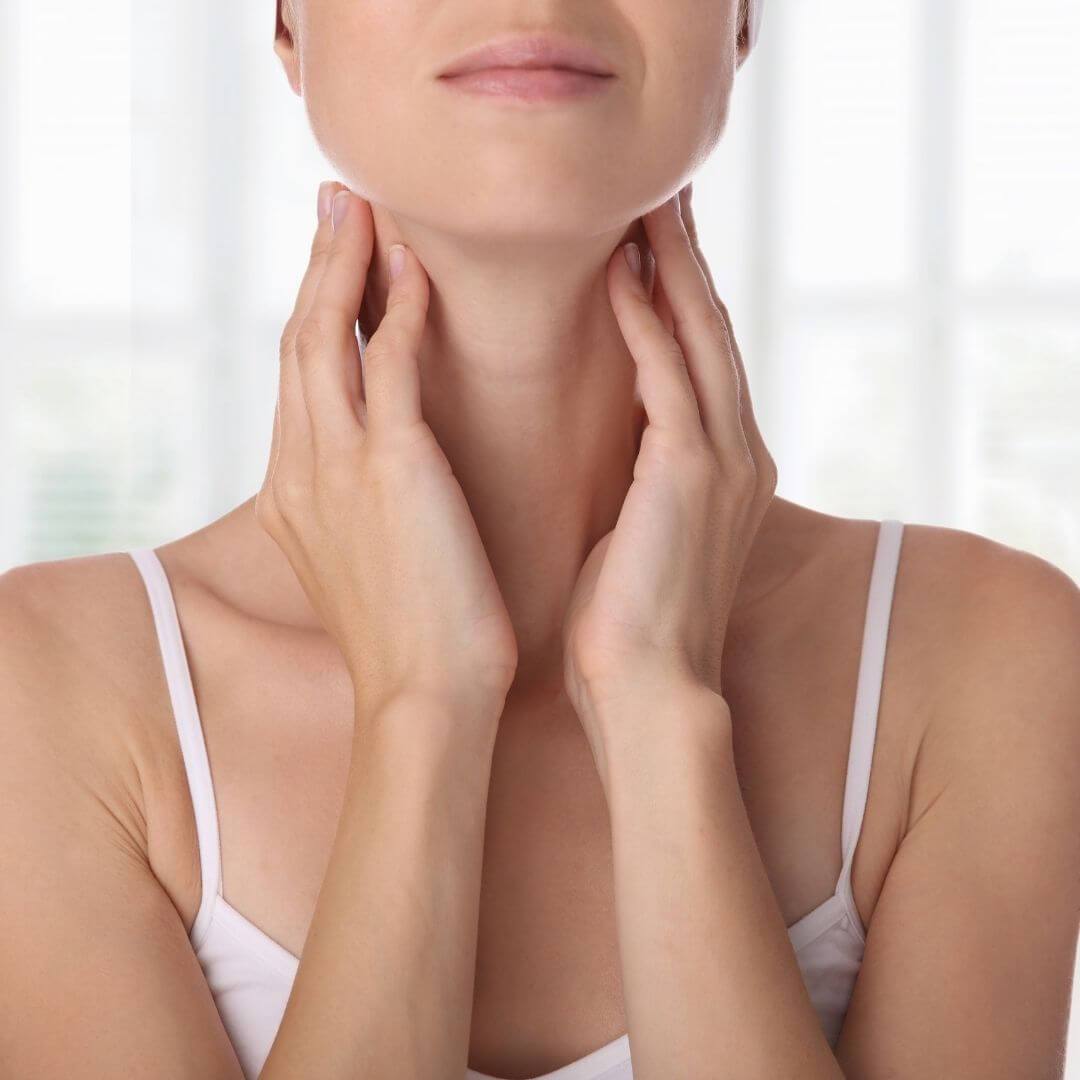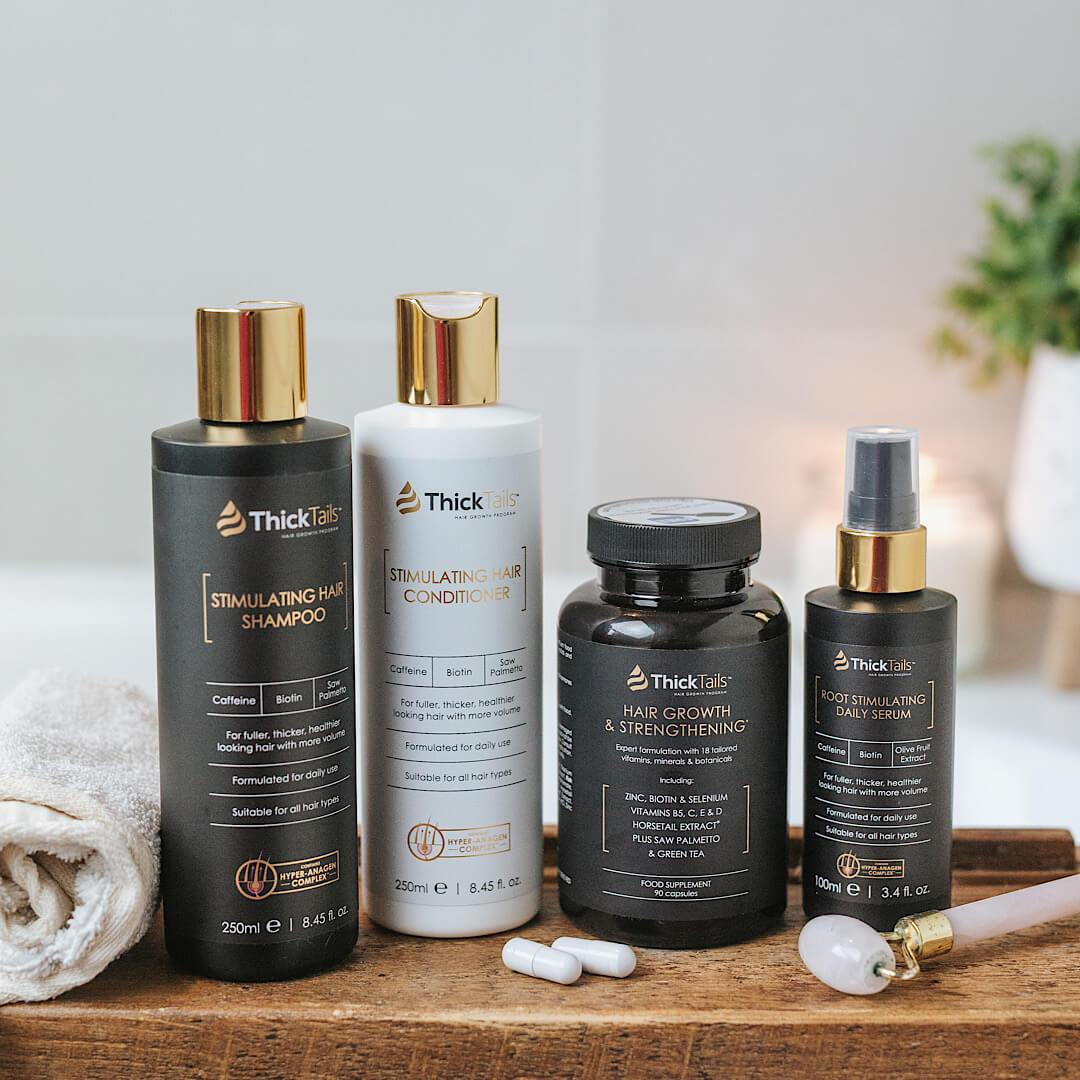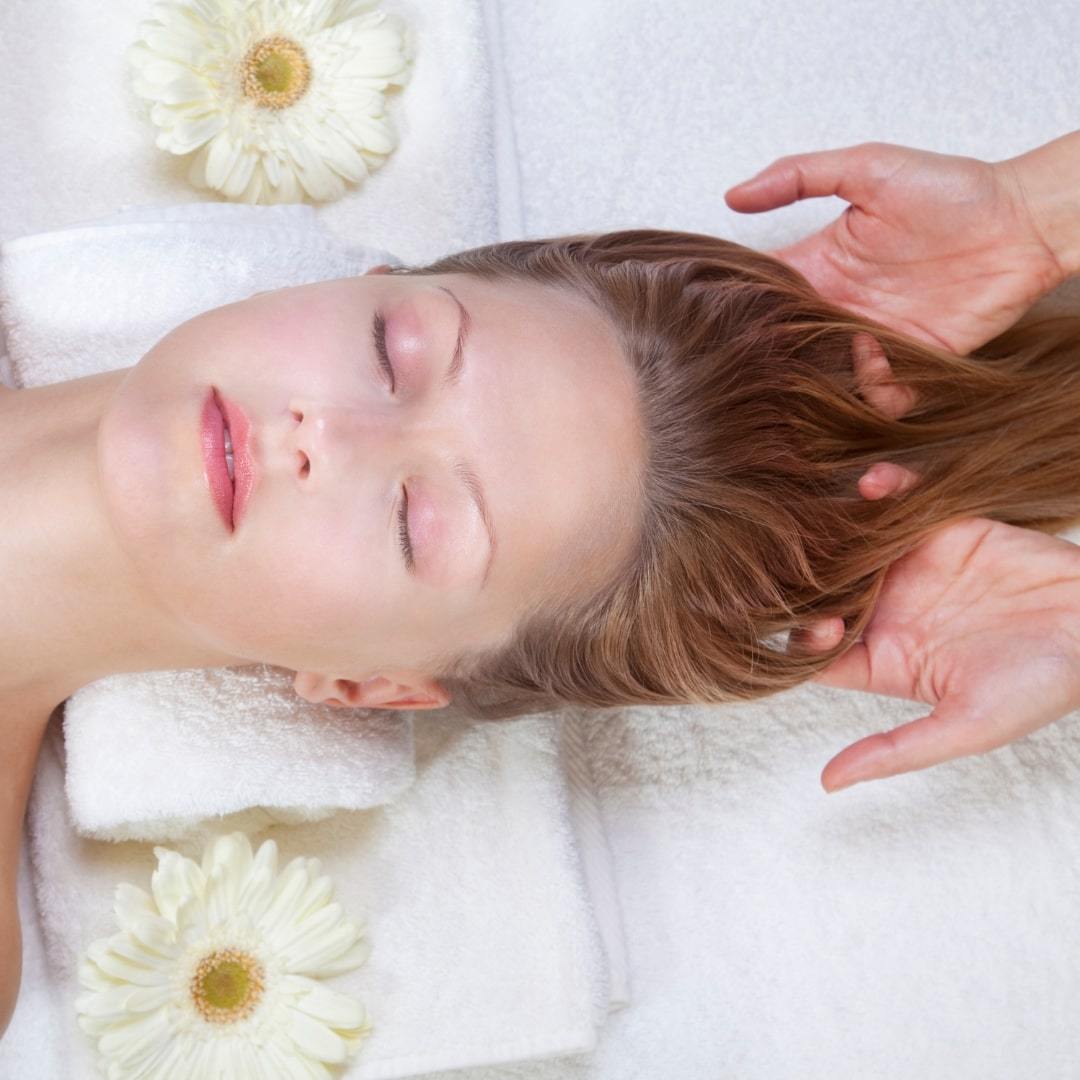For many men, hair issues are a silent struggle, encompassing everything from thinning to outright hair loss. While genetics often plays a pivotal role, lifestyle factors such as sleep can significantly influence hair health. This post dives into the crucial connection between sleep and hair growth in men, shedding light on why achieving those eight hours of snooze time might be the key to a fuller, healthier head of hair.
I. Understanding the Importance of Sleep for Hair Growth in Men

Sleep serves as a foundational pillar for physical health, and for men, it's especially critical when it comes to hair growth. During the deep stages of sleep, our bodies enter a phase of repair and regeneration. This is when essential hormones that promote hair growth are released, aiding in the strengthening and development of hair follicles. Men who consistently achieve adequate restful sleep can help their bodies more effectively sustain the natural cycle of hair growth and shedding, enhancing the overall health and density of their hair. In essence, prioritizing sleep may be one of the most underrated methods for supporting hair growth in men.
A. How Sleep Impacts Hair Health and Growth Cycles
The relationship between sleep and hair growth is more intertwined than most realize. During deep sleep phases, our bodies enter repair mode, where cells regenerate — this includes hair follicles. Inadequate sleep disrupts this natural process, potentially leading to slower hair growth and weakened strands.
B. The Role of Hormones in Sleep and Hair Growth
Sleep affects hormonal balance, crucial for healthy hair growth. For instance, sleep deprivation can lead to higher levels of stress hormones like cortisol, which is known to negatively impact the hair growth cycle. Conversely, deep restorative sleep encourages the release of growth hormones that support hair follicle health.
C. Effects of Sleep Disorders and Poor Sleep Quality on Hair
Sleep disorders such as insomnia or sleep apnea not only leave you tossing and turning but can directly affect your hair health. The resulting poor sleep quality can stunt hair growth cycles and even exacerbate hair loss conditions, emphasizing the need for proper sleep hygiene and medical consultation for undiagnosed sleep issues.
II. Tips for Improving Sleep Quality for Better Hair Health
Improving sleep quality is crucial for men aiming to enhance their hair growth. Establishing a consistent sleep schedule, optimizing the sleep environment for comfort and calm, and minimizing exposure to blue light from screens before bedtime can significantly impact the quality of rest. For men, good sleep hygiene not only has the potential to improve overall health but also specifically supports the physiological conditions necessary for optimal hair growth. By prioritizing sleep, men can take a proactive step towards maintaining and enhancing their hair's health and density, illustrating that a good night’s rest is more than just a period of inactivity—it's a vital time for the body to renew and repair itself, including fostering the conditions for healthy hair growth.
A. Establishing a Consistent Sleep Schedule
Consistency is key. Going to bed and waking up at the same time every day helps regulate your body's internal clock, improving overall sleep quality. This regularity can indirectly benefit hair growth by ensuring your body has adequate time nightly for restoration and repair.
B. Creating a Relaxing Bedtime Routine
Unwind before bed with a relaxing routine to signal your body it's time to sleep. Whether it's reading, meditation, or a warm shower, find what soothes you. Pairing this with the right shampoo and conditioner for a calming pre-sleep ritual can also nurture your hair, prepping it for an optimal overnight growth environment.
Additionally, investing in quality shampoo and conditioner specifically designed for men can enhance hair growth efforts. These products, when used consistently in your nighttime routine, can help to nourish the scalp and hair follicles, paving the way for healthier hair. Thus, combining a solid sleep schedule with the right hair care products, including shampoo and conditioner, offers a holistic approach to supporting hair growth in men.
C. Sleep Hygiene Practices for Optimal Rest
The environment you sleep in matters. Ensure your bedroom is cool, dark, and quiet. Investing in a comfortable mattress and pillows can also enhance sleep quality, providing the support your body needs to relax fully and enter deep sleep, where the magic happens for both your body and hair.
Additionally, incorporating a nutrient-rich hair serum designed specifically for men can complement your night-time hair care routine. Pairing the right shampoo and conditioner with a growth-promoting serum right before bed not only nurtures the scalp but also maximizes the hair's ability to benefit from the reparative processes that occur during sleep. This trifecta of sleep, alongside quality hair care products, can significantly bolster men's hair growth efforts, driving home the importance of a holistic approach to hair health.
III. The Connection Between Stress, Sleep, and Hair Loss in Men

The intricate connection between stress, sleep, and hair growth in men reveals a compelling facet of overall health. Stress not only disrupts sleep patterns but can directly stifle hair growth by triggering physiological stress responses that detrimentally affect the hair cycle. For men, mitigating stress and fostering healthier sleep habits are crucial steps in promoting hair growth. Achieving adequate and restful sleep reduces stress levels and normalizes hormonal functions, thereby supporting the natural cycle of hair growth and regeneration. This underscores the importance of considering sleep not just as a recovery period but as a vital contributor to hair health and growth.
A. Managing Stress to Improve Sleep and Hair Growth
Finding effective ways to manage stress can break this cycle. Regular exercise, mindfulness practices, and hobbies that relax you can significantly improve your stress levels, sleep quality, and indirectly positively affect your hair growth.
Additionally, incorporating specific hair care products like serums that promote hair growth can be a game-changer for men. Using a targeted serum in conjunction with a nourishing shampoo and conditioner can bolster the hair's vitality. This holistic approach, when paired with prioritizing sleep, creates an optimal environment for hair growth and restoration.
B. Seeking Professional Help for Sleep Disorders and Hair Loss
If you're struggling with sleep disorders or experiencing significant hair loss, it's essential to seek professional help. Doctors can provide treatments for sleep issues, while dermatologists can offer solutions for hair loss, such as serums and treatments targeted toward men’s hair growth.
C. Incorporating Relaxation Techniques into Your Daily Routine
Incorporate relaxation techniques such as deep breathing exercises, yoga, or meditation into your daily routine. These practices can help lessen stress, improve sleep quality, and create a healthier environment for hair growth.
In conclusion, the connection between sleep and hair growth in men is undeniable. By understanding the impact of sleep on hair health and adopting practices that promote quality sleep, men can take a proactive stance against hair issues. Remember, while genetics play a role, the power of sleep and proper care—through the right shampoo, conditioner, and serum—can greatly influence your hair’s health and growth. Prioritize sleep not just for your well-being but for your hair's vitality—it's an investment that truly pays off.














